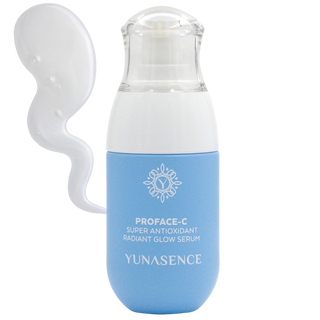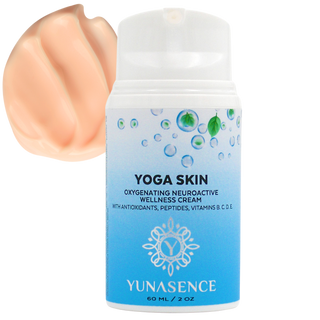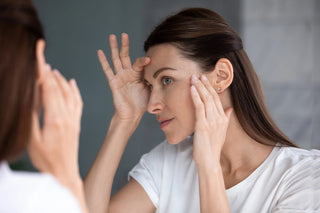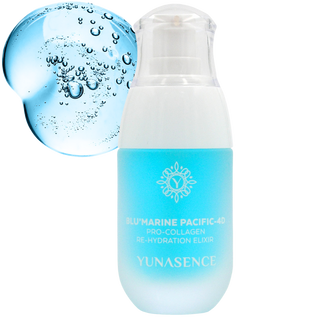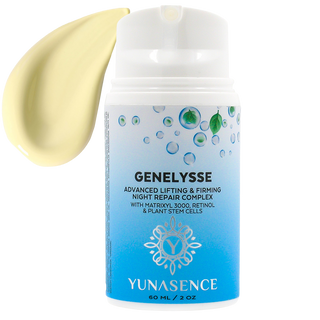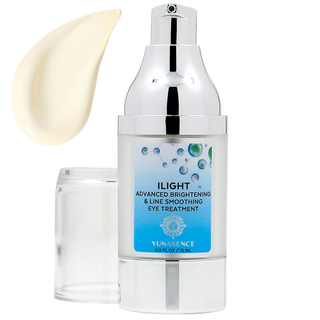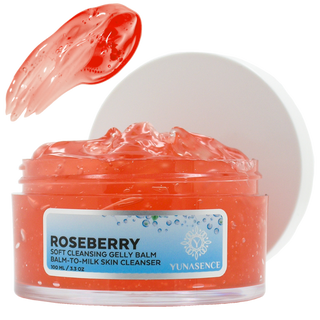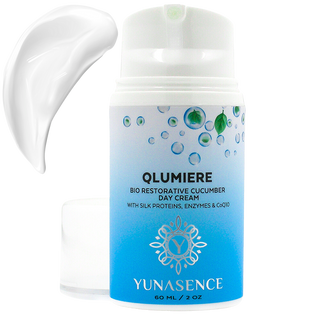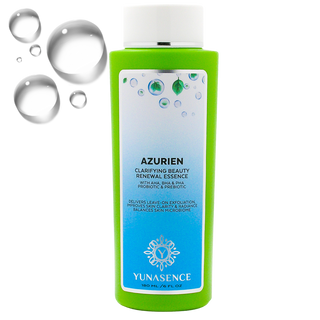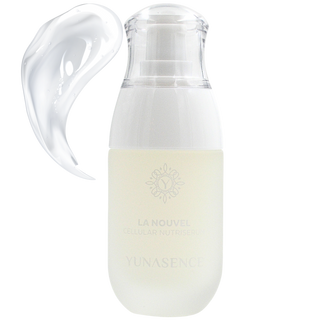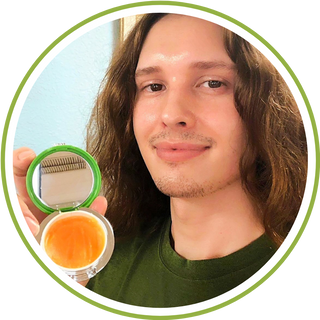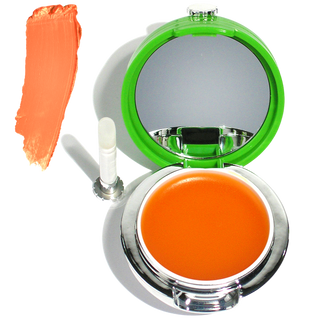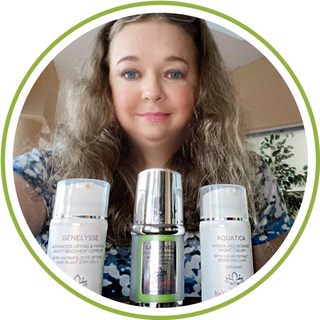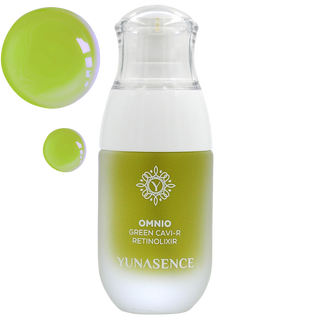An In-Depth Look at the Endocrine System’s Impact on Skin Health
Most people think of skin as a surface issue - something to moisturize, exfoliate, or smooth with a serum. But the truth is, your skin is often a mirror of what’s happening deep inside your body, especially in your endocrine system.
The endocrine system is a network of glands that release hormones to regulate nearly every process in your body: metabolism, growth, stress response, reproduction, and yes - skin health. When these finely tuned hormones fall out of balance, the skin often tells the story first.
Today, let’s explore how some of the most common endocrine imbalances can show up on your skin - and why understanding this connection is essential to truly caring for yourself holistically.

Pituitary Gland Imbalances: The “Master Gland” at Work.
Your pituitary gland, nestled at the base of your brain, is often called the “master gland.” It secretes trophic hormones, which are like messengers that tell other glands what to do. When the pituitary goes off course, the ripple effects touch everything - including your complexion.
How it affects the skin:
-
Overproduction of ACTH (adrenocorticotropic hormone) can overstimulate the adrenal glands, raising cortisol levels. This can lead to thinning skin, easy bruising, and delayed wound healing.
-
Excess growth hormone can cause skin thickening, coarsening of facial features, and enlarged pores.
Adrenal Gland Dysfunction: The Stress and Skin Connection.
Your adrenal glands sit above your kidneys and produce stress hormones (like cortisol) and androgens (male sex hormones present in all genders).
Too much cortisol or too little cortisol can both impact skin in different ways:
Signs of adrenal imbalance on the skin:
-
Cushing’s Syndrome:
-
Fragile, paper-thin skin
-
Purple stretch marks (striae)
-
Acne breakouts
-
Increased facial hair
-
-
Addison’s Disease:
-
Hyperpigmentation, especially in skin creases, scars, or around the mouth
-
Dryness and patchy dark spots
-
This is why chronic stress doesn’t just age you - it can literally transform the way your skin looks and feels.
Thyroid Disorders: The Unsung Heroes of Skin Balance.
Your thyroid hormones help regulate metabolism, body temperature, and protein synthesis.
Hypothyroidism (underactive thyroid) can lead to:
-
Dry, coarse, flaky skin
-
Puffiness, especially around the eyes
-
Slow wound healing
Hyperthyroidism (overactive thyroid) often causes:
-
Warm, moist, flushed skin
-
Itching
-
Hair thinning
These subtle changes often show up before more obvious thyroid symptoms, making skin an early warning sign.
Polycystic Ovary Syndrome (PCOS) and Androgen Excess
In PCOS, the ovaries produce excess androgens, which can:
-
Increase sebum production, leading to persistent acne
-
Trigger unwanted facial hair growth
-
Cause dark, velvety patches of skin (acanthosis nigricans)
This hormonal environment can be emotionally challenging, highlighting the need for compassionate, integrative care that addresses both the skin and the root causes.
Why a Holistic Approach Matters
When you understand that your skin reflects your hormonal health, you can approach skincare differently.
Rather than just treating breakouts or dryness topically, also look at stress management, nutrition, and hormonal balance. Work with healthcare providers to identify underlying endocrine issues. Give yourself grace, knowing that many skin conditions are not simply about “bad skin,” but rather about deeper imbalances you didn’t cause.
The relationship between your endocrine system and skin health is beautifully complex - and incredibly important. If you notice persistent skin changes, consider having your hormones evaluated. Your skin is not only your body’s largest organ - it’s a storyteller, revealing what’s happening beneath the surface.
By respecting that story and seeking care that honors the whole picture, you can move toward healthier skin, improved well-being, and a more compassionate relationship with yourself.

